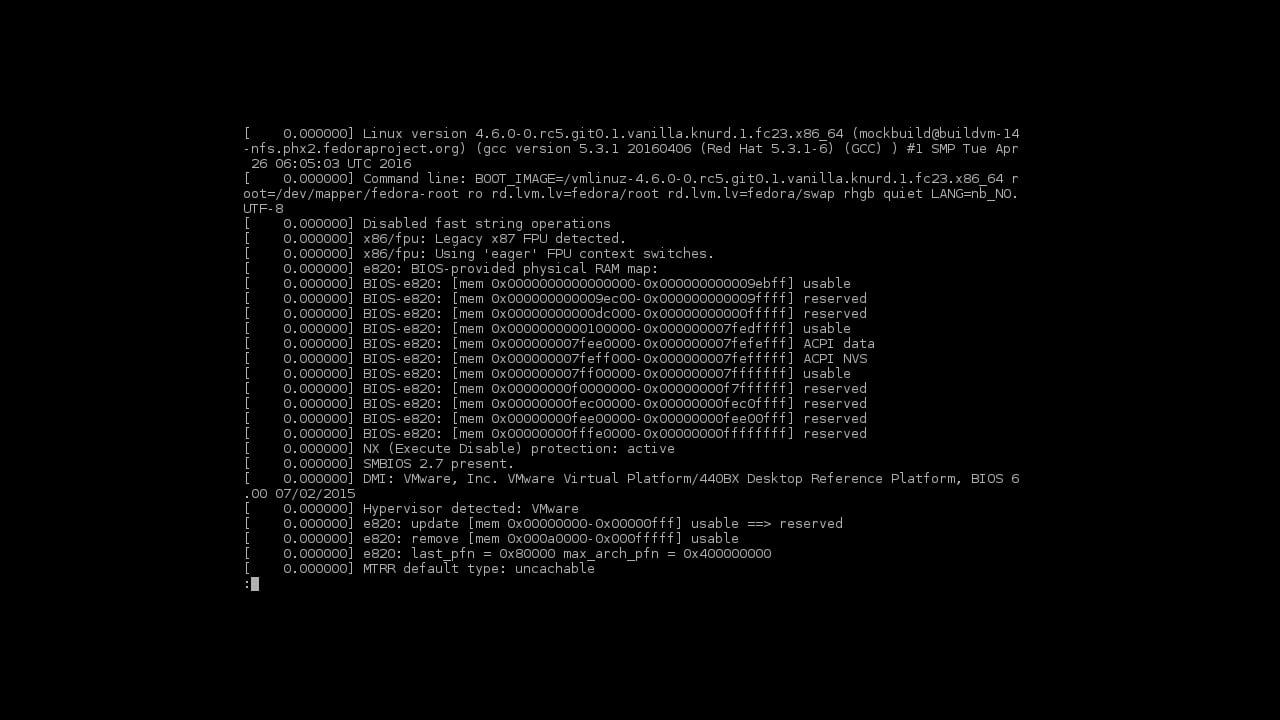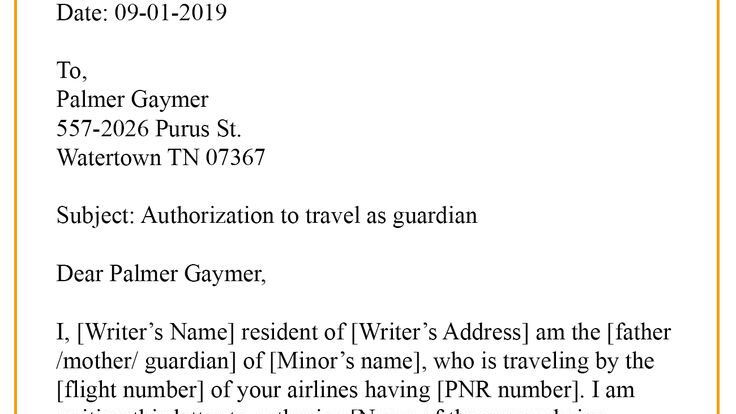
dmesg Read Kernel Buffer Failed Operation Not Permitted
If you’re an avid Linux user or a system administrator, you’ve likely encountered the “dmesg read kernel buffer failed operation not permitted” error at some point. This error can be frustrating, especially when you’re troubleshooting system issues or trying to gather information about kernel messages. In this blog post, we’ll delve into what this error means, why it occurs, and how you can potentially resolve it.
What is dmesg?
dmesg is a command in Unix and Unix-like operating systems that displays the message buffer of the kernel. It provides valuable information about system hardware, software, and kernel-level events. Users typically run dmesg to diagnose hardware issues, check system logs, or troubleshoot system errors.
Understanding the Error: “dmesg read kernel buffer failed operation not permitted”
When you encounter the error message “dmesg read kernel buffer failed operation not permitted,” it signifies that the user attempting to read the kernel buffer does not have the necessary permissions to access this privileged information. In Linux, reading the kernel ring buffer is restricted to users with root (superuser) privileges or members of specific groups capable of accessing this data.
Potential Causes of the Error
Several factors could lead to the “dmesg read kernel buffer failed operation not permitted” error:
- Insufficient User Privileges: Attempting to run dmesg as a regular user without the necessary permissions can trigger this error.
- Kernel Configuration: In some cases, the user may not have the required access due to the kernel’s configuration settings.
- System Security Policies: Security mechanisms like SELinux or AppArmor could restrict access to kernel logs.
Resolving the Error
To resolve the “dmesg read kernel buffer failed operation not permitted” error, consider the following solutions:
1. Run dmesg as Root
The simplest way to overcome this error is to run the dmesg command with root privileges. Use sudo or switch to the root user before executing the command:
sudo dmesg
2. Grant Necessary Permissions
If you want to allow a specific user to access kernel logs without root privileges, you can modify the permissions for the dmesg command. Use visudo to add an entry granting permission to execute dmesg:
username ALL=NOPASSWD: /bin/dmesg
3. Check System Settings
Review your system’s security policies, such as SELinux or AppArmor, and ensure that the permissions granted to users align with the access required to read kernel logs.
Conclusion
The “dmesg read kernel buffer failed operation not permitted” error can be a common hurdle for Linux users seeking kernel information. By understanding the root causes of the error and implementing the appropriate solutions, you can effectively navigate this challenge and access crucial kernel logs for system diagnostics and troubleshooting.
FAQ
Why does the “dmesg read kernel buffer failed operation not permitted” error occur?
The error occurs when a user lacks the necessary permissions to access the kernel buffer, typically requiring root privileges or specific user group membership.
Can I grant non-root users access to dmesg logs?
Yes, you can modify sudoers configuration to grant specific users the ability to execute dmesg without root privileges. Be cautious when altering sudo permissions to prevent security vulnerabilities.

Source Image: linuxadictos.com

Source Image: phoenixnap.com
January 2021 – Will’s Root dmesg: read kernel buffer failed: Operation not permitted Last edited by quellen (2021-07-18 13:01:59) sorry for my bad english Offline #2 2021-07-18 12:13:09 seth Member Registered: 2012-09-03 Posts: 48,085 Yes. https://man.archlinux.org/man/dmesg.1 https://man.archlinux.org/man/syslog.2.en cat /proc/sys/kernel/dmesg_restrict







